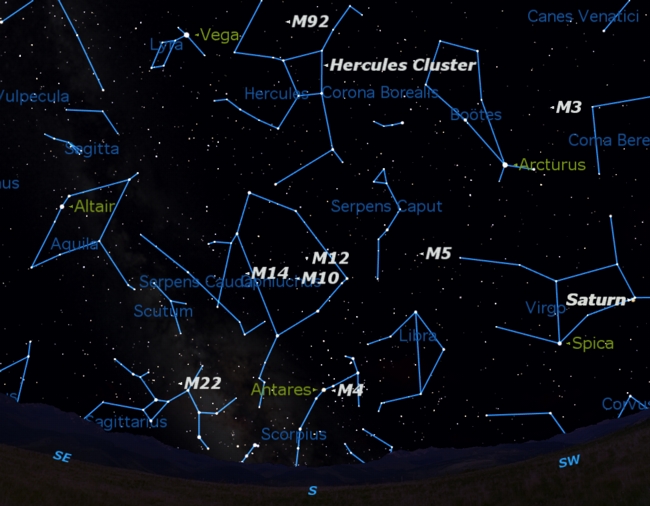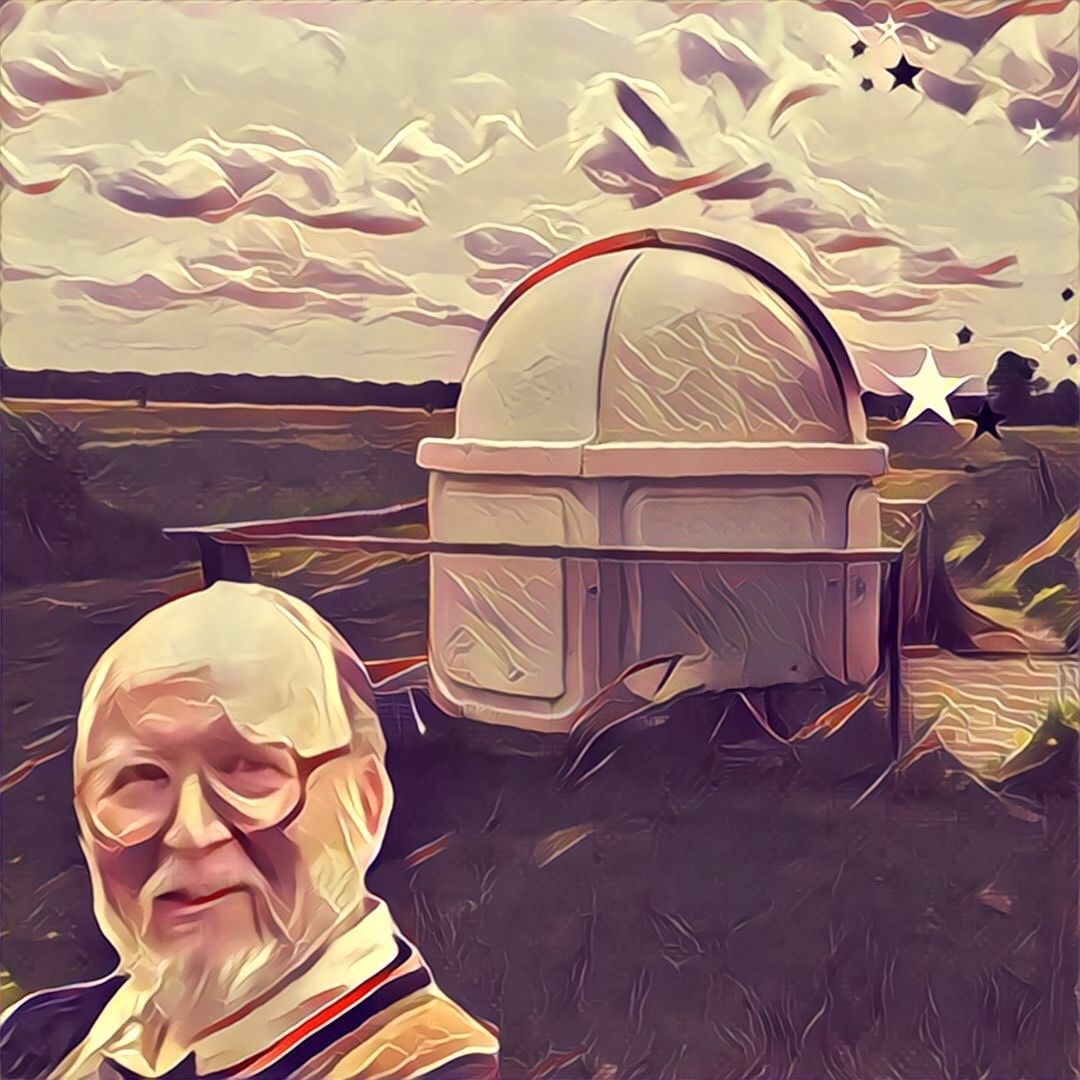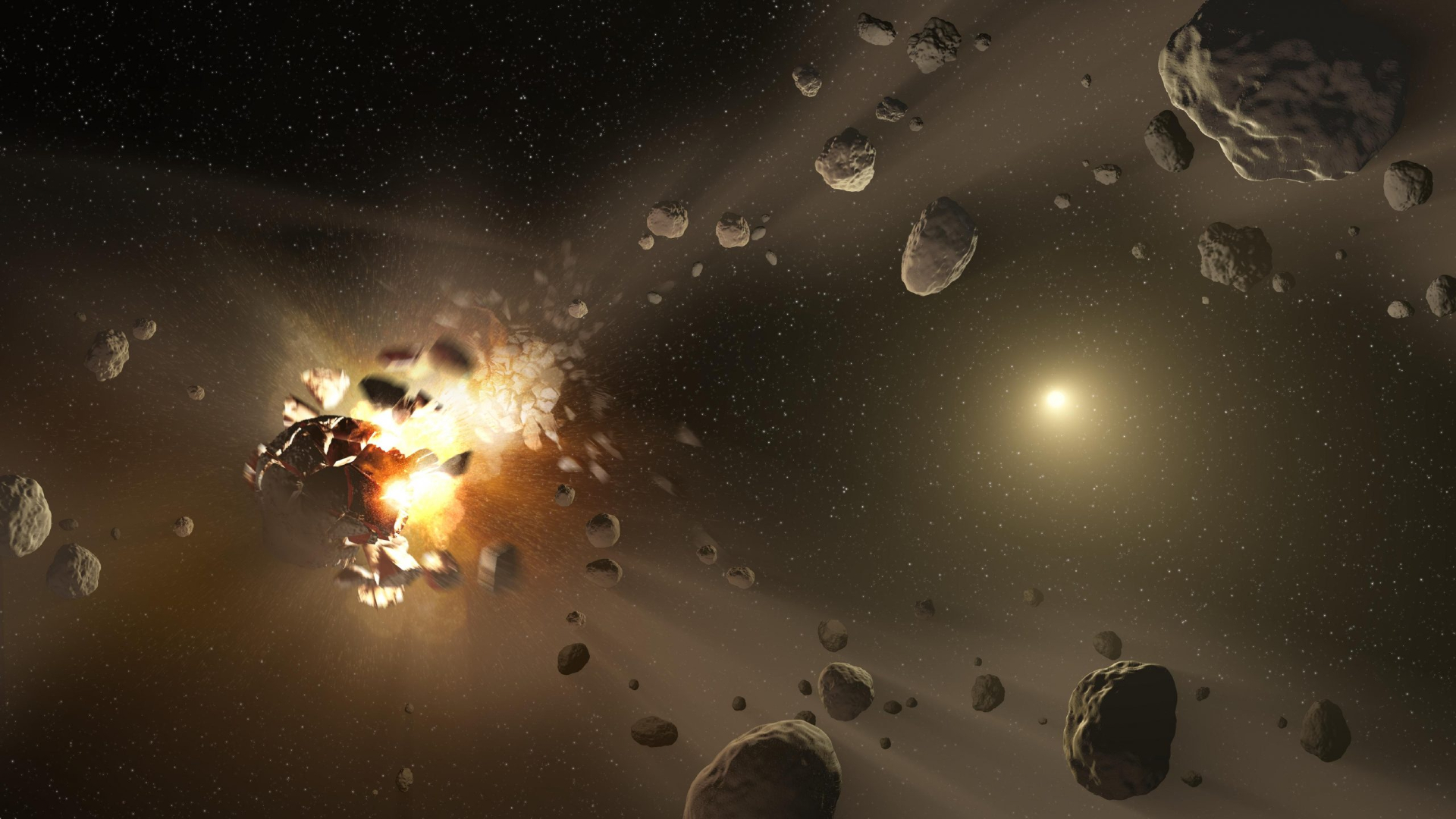Best Time to See Summer Star Clusters Is Now

Late June is the best time in the year to observe the brightest and best globular clusters in the northern sky.
Globular clusters are among the oldest objects in the universe, perhaps older than the galaxies. They are very large clusters of very old stars which circle the centre of our galaxy, the Milky Way. Other globulars are known to circle other galaxies.
The finest of these clusters is the Great Cluster in Hercules, number 13 in Charles Messier’s famous catalog of deep sky objects. Look almost directly overhead for the four stars which form the keystone at the heart of Hercules.
The sky map available here shows the locations of some great globular cluster targets, with constellations for reference.
Zoom in on globular clusters
The Hercules Cluster is located on the right side of this keystone, up towards the star Eta Herculis which marks its upper right corner. This cluster is just visible to the naked eye as a fuzzy spot. In binoculars it can be easily identified.
In a small telescope, it is one of the half dozen finest sights in the night sky: a huge dazzling ball swarming with stars. The larger the telescope, the more stars that can be seen.
Breaking space news, the latest updates on rocket launches, skywatching events and more!
This cluster contains the equivalent of 600,000 suns packed into a volume 120 light-years across. It is located 25,000 light-years from the sun and ranges 20,000 to 80,000 light-years from the center of the Milky Way as it moves along its half-billion year orbit.
What you may see
Beginning amateur astronomers are sometimes disappointed by what they see in a telescope compared to the pictures on the Internet.
Globular clusters are among the few objects which actually look betterin a small telescope than in a photograph. Photographs cannot handle the range of contrast in a globular cluster, so that the center of the cluster usually appears as a wash of light, rather than resolving into a myriad of tiny stars. [New Tips to See Ancient Star Clusters With Telescopes]
There is a second globular cluster in Hercules, Messier 92, often overlooked because of its brighter cousin.
The nearby first magnitude star Arcturus is flanked by two very rich globulars: Messier 3 in Canes Venatici and Messier 5 in Serpens Caput.
The large constellation of Ophiuchus contains many globular clusters, including the three which ring the middle of his body: Messiers 10, 12, and 14. Each has a quite different appearance in a small telescope.
Finally there are two gems of globular clusters further south. Messier 4 is located in Scorpius just west of the red giant star Antares, and Messier 22 glows just above the "lid" of the Sagittarius "teapot."
These northern globulars pale before the two greatest globular clusters in the sky which are visible only to southern observers: Omega Centaurus and 47 Tucanae, both so bright that they were originally catalogued as stars.
This article was provided to SPACE.com by Starry Night Education, the leader in space science curriculum solutions. Follow Starry Night on Twitter @StarryNightEdu.

Geoff Gaherty was Space.com's Night Sky columnist and in partnership with Starry Night software and a dedicated amateur astronomer who sought to share the wonders of the night sky with the world. Based in Canada, Geoff studied mathematics and physics at McGill University and earned a Ph.D. in anthropology from the University of Toronto, all while pursuing a passion for the night sky and serving as an astronomy communicator. He credited a partial solar eclipse observed in 1946 (at age 5) and his 1957 sighting of the Comet Arend-Roland as a teenager for sparking his interest in amateur astronomy. In 2008, Geoff won the Chant Medal from the Royal Astronomical Society of Canada, an award given to a Canadian amateur astronomer in recognition of their lifetime achievements. Sadly, Geoff passed away July 7, 2016 due to complications from a kidney transplant, but his legacy continues at Starry Night.

